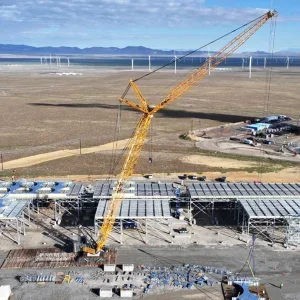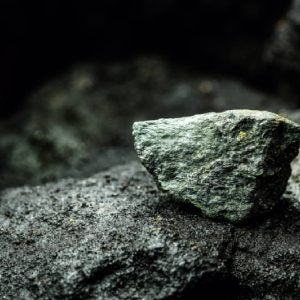
Rio Tinto has been designated by Empresa Nacional de Minería (ENAMI) as the preferred partner for the Salares Altoandinos lithium project in Chile’s Atacama region.
ENAMI is a state-owned mining entity in Chile.
Under the agreement, Rio Tinto will acquire a controlling 51% stake in the Salares Altoandinos lithium project, while ENAMI will maintain a 49% holding. This transaction awaits finalisation through binding agreements, regulatory approvals, and customary conditions.
The collaboration is said to mark a significant step for Rio Tinto as it seeks to expand its presence in the global lithium market, critical for energy transition technologies.
The company’s growing portfolio now encompasses key assets across South America, Canada, and Serbia, bolstered by its recent acquisition of Arcadium Lithium.
Rio Tinto chief executive Jakob Stausholm said: “We are honoured to have been selected by ENAMI as the preferred partner for the Salares Altoandinos project, which has the potential to be a world-class lithium development.
“We welcome the opportunity to develop our partnership with ENAMI, building on our interests in Nuevo Cobre and Salar de Maricunga, and to support Chile’s position as one of the world’s leading producers of minerals critical to the energy transition.”
The partnership follows a recent agreement between Rio Tinto and Codelco to form a joint venture for developing a lithium project at Salar de Maricunga, also in the Atacama region. Under this arrangement, Rio Tinto will finance necessary studies and development costs for a 49.99% stake in the venture managed by Codelco.
Rio Tinto’s strategy leverages its established position in the Lithium Triangle to drive synergies across value chains. The company’s financial strategy includes an anticipated capital expenditure of $10-11bn annually, aimed at maximising shareholder returns through strategic investments.
The firm aims to prioritise sustainable practices in its operations, including minimising freshwater use and engaging local communities. Its initiatives also focus on advanced processing technologies and brine reinjection studies to mitigate environmental impacts.
In Argentina, Rio Tinto plans to expand its operations into large-scale super-hubs through projects like Rincon, Olaroz, Fenix, Sal de Vida, and Cauchari. These developments aim to enhance competitiveness and scalability by utilising common infrastructure across multiple sites.






